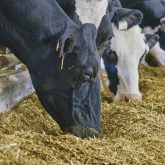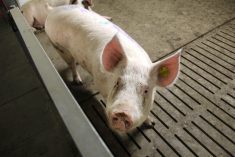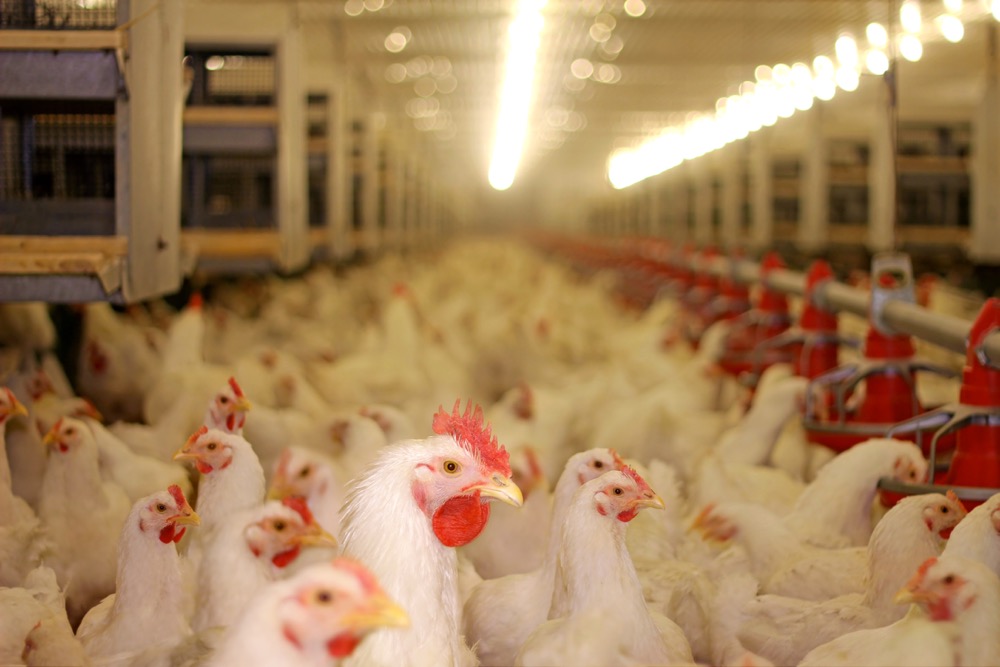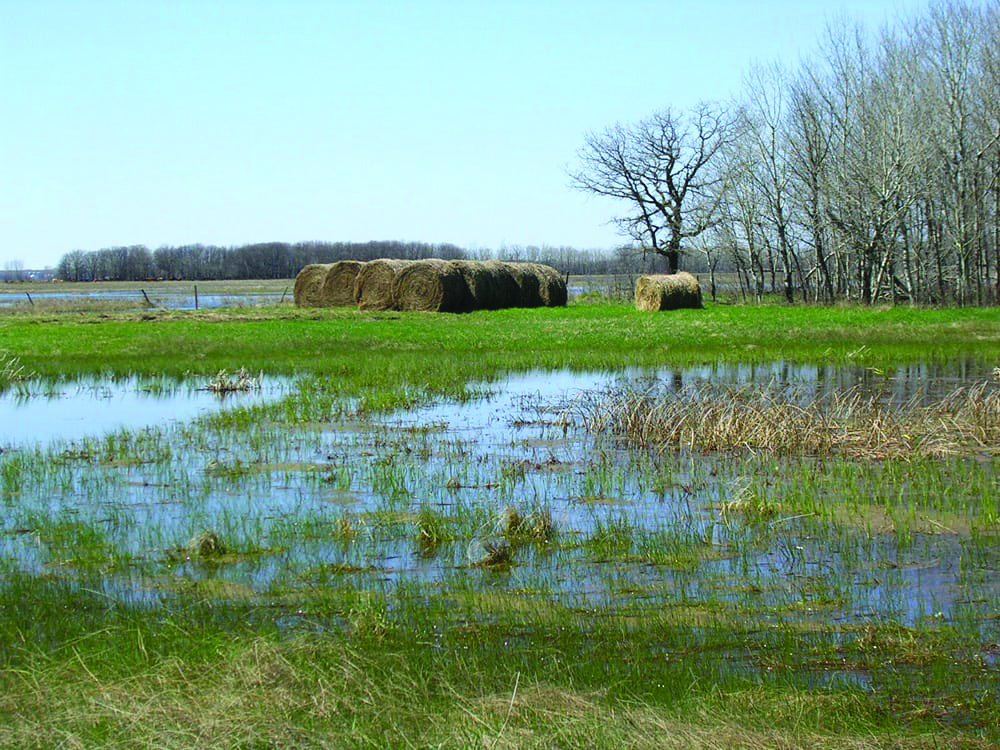Government farm aid is being misspent on farmers who don’t need the help, and Ottawa and the provinces are misguided in their support for supply management, according to a man who was once the voice of Quebec’s powerful Union des Producteurs Agricoles.
Instead of subsidizing farm incomes, governments should “support agricultural entrepreneurship in order to help farmers become more competitive and allow them to earn their income on the market,” Mario Dumais writes in an analysis prepared for the Montreal Economic Institute.
Read Also

Smart deworming for sheep starts with individual fecal egg counts
Fecal egg count tests are one step to managing dewormer resistance and managing sheep parasites on Canadian sheep farms to maintain flock health.
Federal and provincial farm subsidies totalled $9.7 billion in 2009, but Dumais contends it would be much more beneficial to spend that money on innovative producers.
Farm subsidies “aim at the wrong targets and do not even succeed in hitting them,” wrote Dumais, who is well known from his work as an economist and as publications director for UPA. “Subsidies support traditional products over new ones.”
He’s particularly critical of the impact of the supply-managed dairy and poultry sectors on consumers, and the farmers they’re supposed to help.
Dumais says there should be a public debate on farm subsidies, which are currently developed by federal and provincial officials with limited input from farm groups. The federal and provincial governments should use the negotiations to renew Growing Forward to make support payments for farmers far more effective, he says. Dumais also suggests the National Food Strategy discussions launched by the Canadian Federation of Agriculture could provide another forum on reshaping of farm supports.
Meanwhile, negotiators are making another effort this winter to restart the decade-old initiative to reform international trade rules. Dumais thinks that will bring added attention to bear on Canadian farm policy.
Canadian farm policies “are the result of exclusive negotiations between governments and the agricultural lobby,” he notes. “Current government measures essentially aim to increase or maintain farmers’ incomes through subsidies, price guarantees, customs duties, the granting of monopoly powers, input subsidies, tax breaks.”
While Canadian farmers struggle with roller-coaster incomes, the average net value of a farm is $1.3 million, a 74 per cent increase in real terms over the last 15 years, he adds. Farm family incomes are 15 per cent higher than the average family.
“It is therefore hard to justify the transfer of resources from society to the agricultural sector in order to increase its revenue through subsidies,” he says. “Unfortunately, in addition to being ineffective in achieving their main goal, the measures put in place to increase farmers’ incomes also generate significant collateral damages.”
The biggest surpr ise in Dumais’ article is his criticisms of the dairy-and poultry-marketing boards given their prominence in the UPA. They “no longer have any reason to exist and they undermine the sector’s competitiveness,” he says. While they give farmers assured prices for their products, consumers pay more for dairy and poultry products and Canada’s position in international trade negotiations is compromised by protecting the boards while advocating free trade in meat and grains, he says.


















